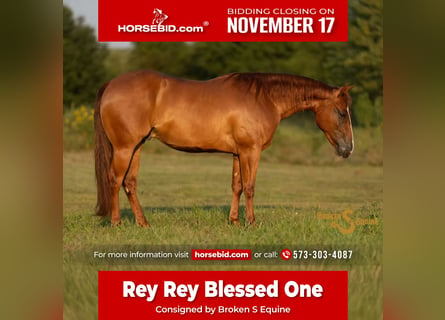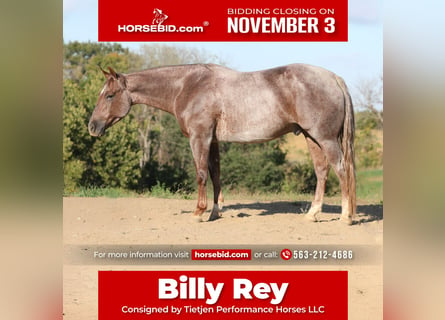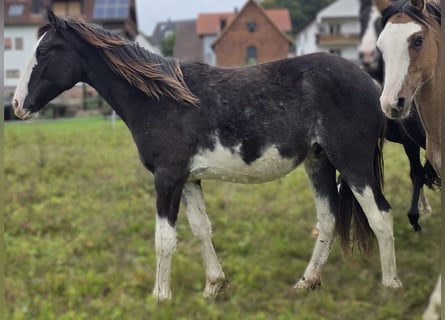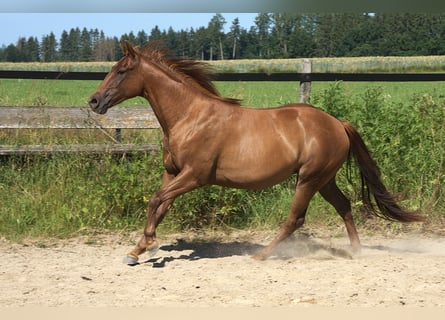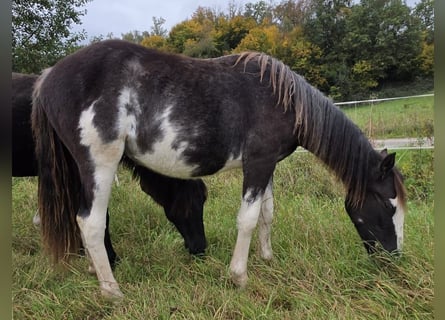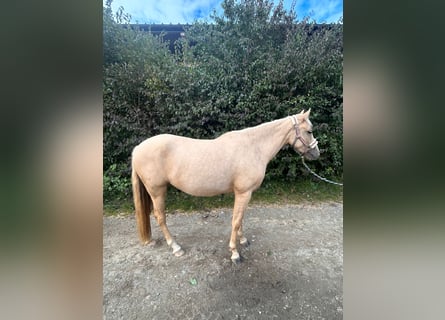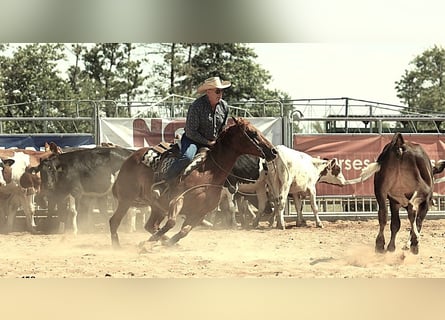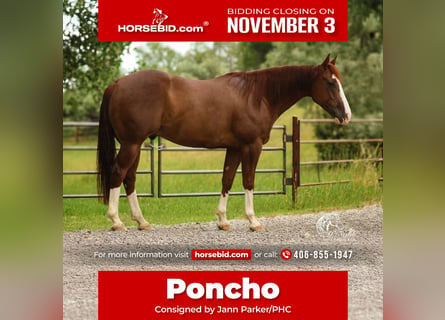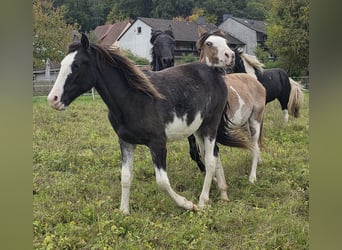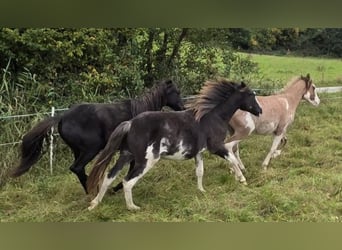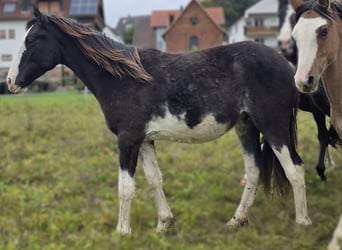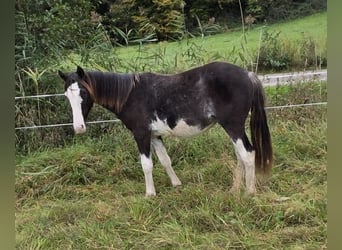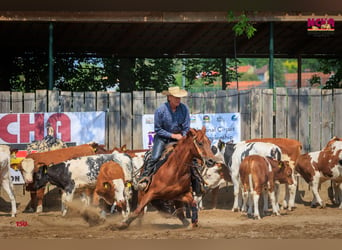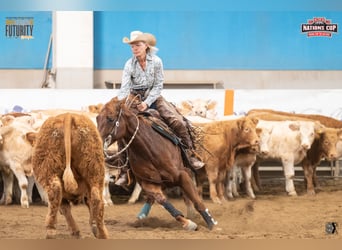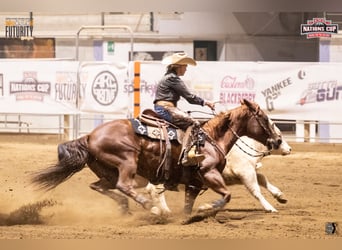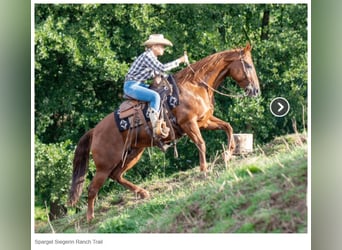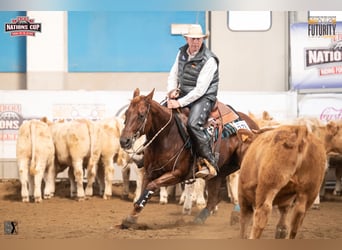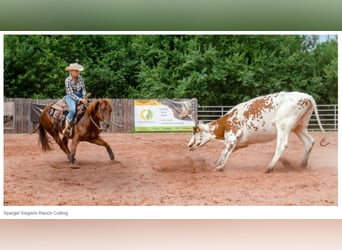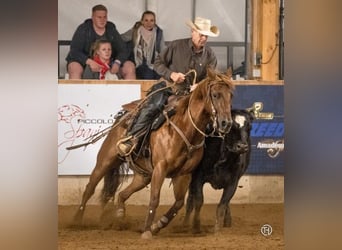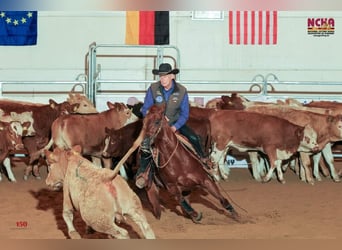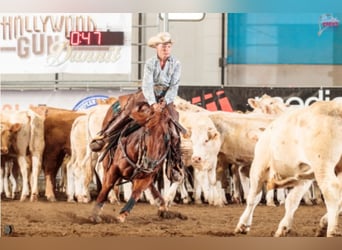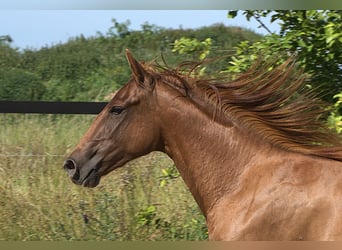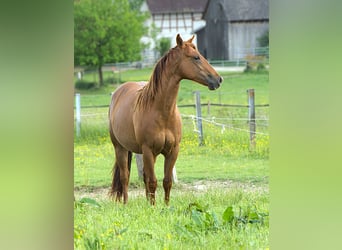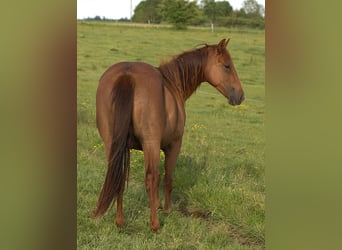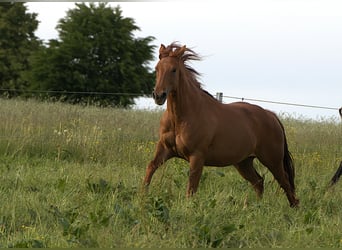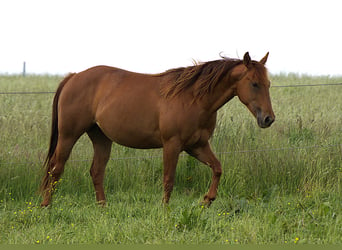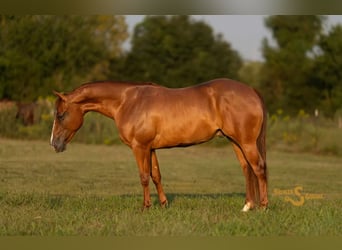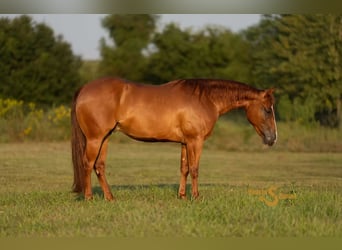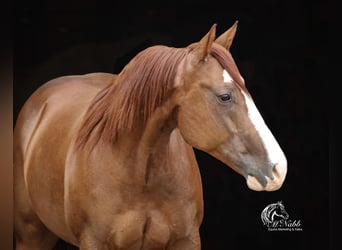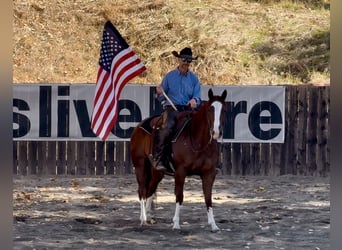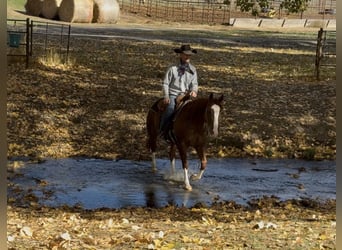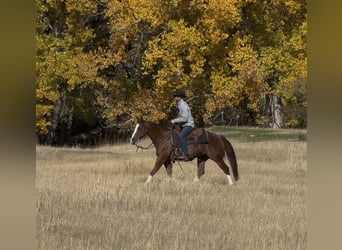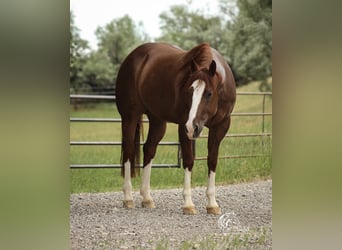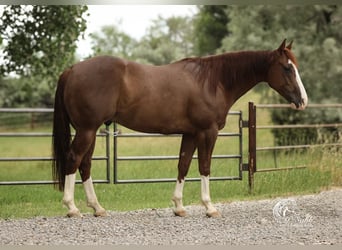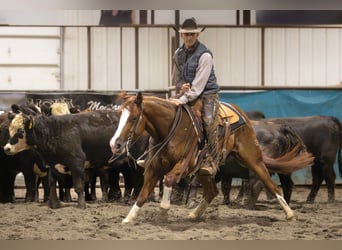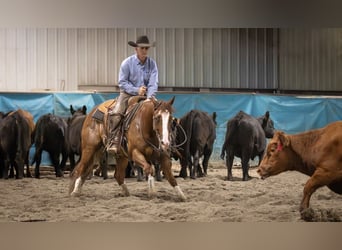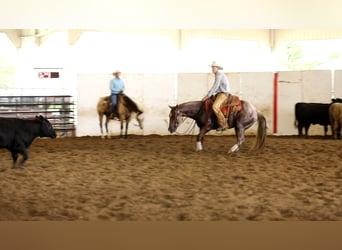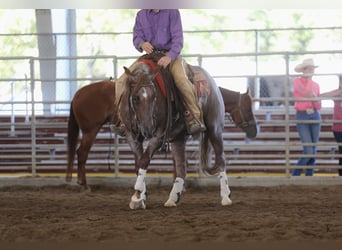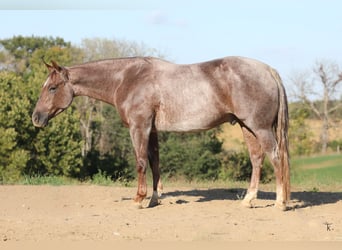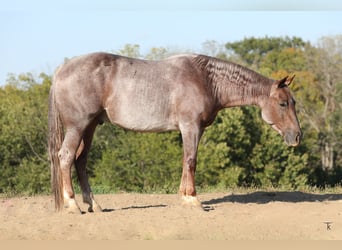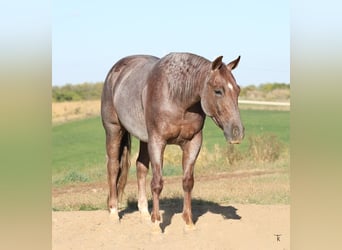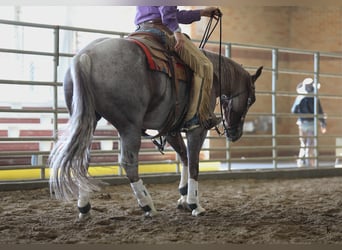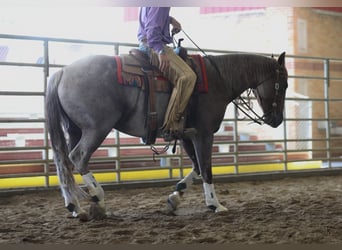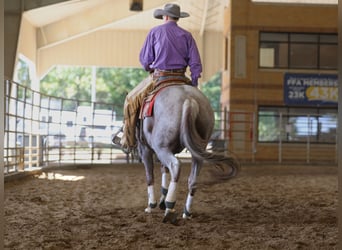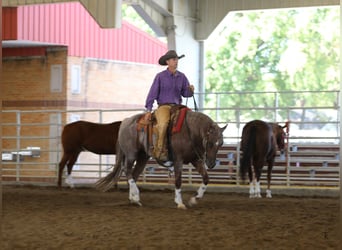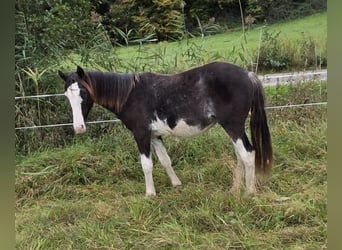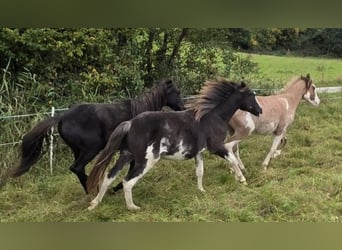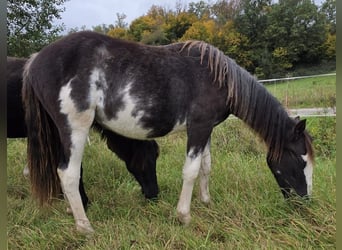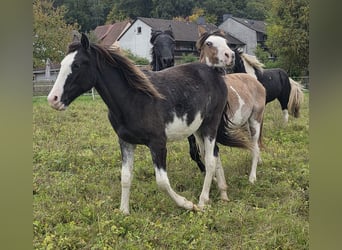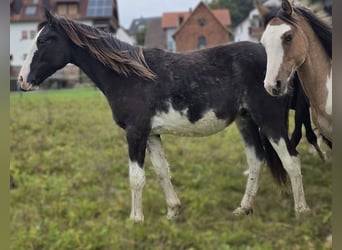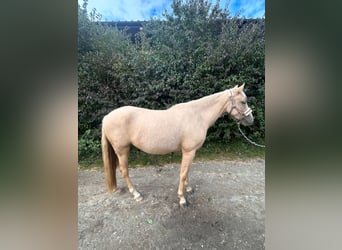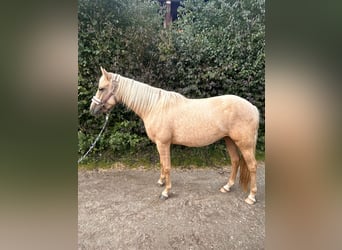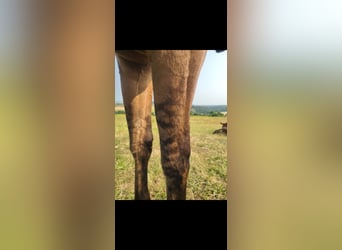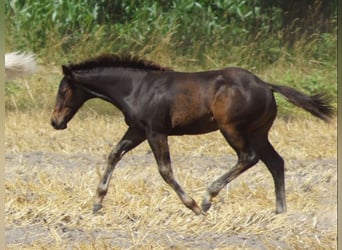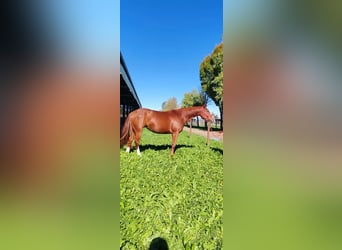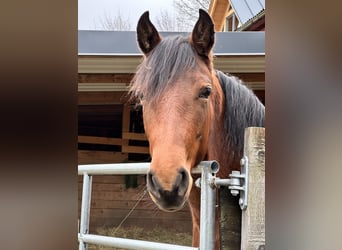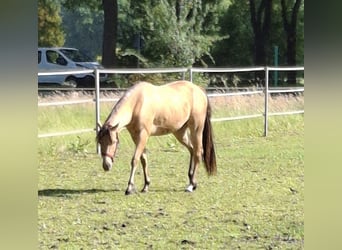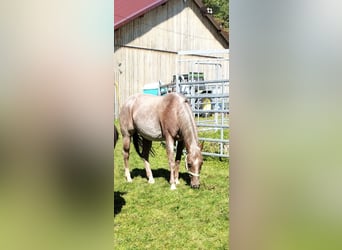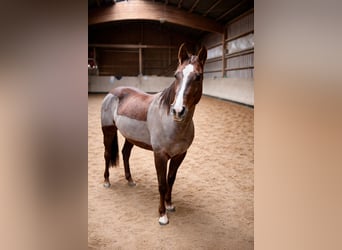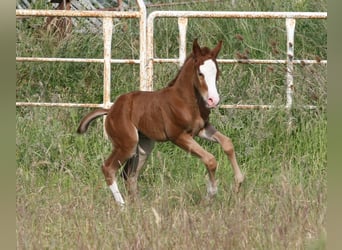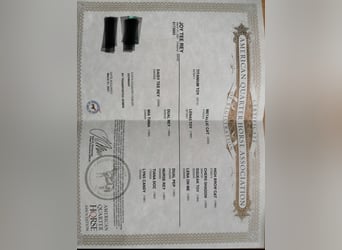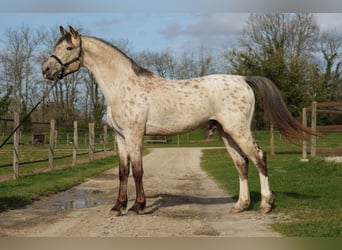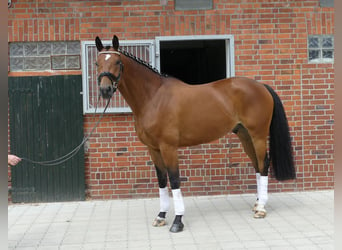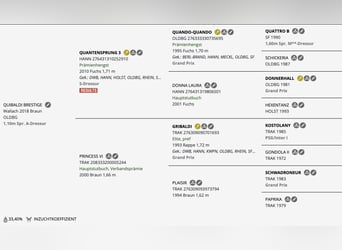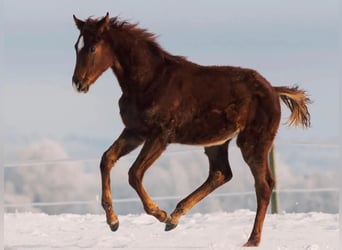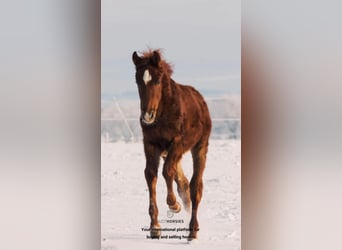US
Cutting Horses For Sale
Page-1-Ad
In addition, interested parties can directly see more information. This significantly increases the number of potential buyers.

DE
DE
DE
US
US
US
DE
DE
FR
DE
IT
DE
DE
DE
DE
DE
DE
Similar search queries
DE
DK
Cutting Horses for sale on ehorses
In the days of the Old West, a cutting horse was an essential member of a cowboy’s remuda, the string of horses that worked with him as he tended to the cattle. The open country was vast, and so were the herds, and it was often necessary to separate or cut out a single cow that had joined someone else’s herd. The best horses at this job had a special instinct that the cowboys called “cow sense”. These were the elite cutting horses, who had equal skills to those of the cowboy. Today, cutting horses are some of the most prized performers in the Western riding world, participating in cutting events all over the world. Cutting horses are still elite performers and talented horses are very much in demand!
Characteristics of Cutting Horses
Fast, nifty on their feet and with a superlative instinct for cow behaviour, cutting horses are courageous and quick-thinking. Cutting is now an international sport and horses not only need to cut out cows from a herd but also do it cleanly and skillfully in order to gain points. Cows try to return to the herd and some can be challenging, so it takes a bold and aware horse to face them and anticipate their next move. When a horse has cow sense, or “cow smarts” as it is sometimes called, it is one step ahead of the game, guessing what the cow is likely to do in advance and reacting with incredible speed to forestall it. Cutting horses are exceptional athletes in the horse world.
Cutting Horses: The Best Breeds for this Discipline
Since cutting as a sport grew from the practical skills needed to manage huge herds of cattle, the best breeds are undoubtedly the ones that were originally bred in order to do the work. These include American breeds, such as the Quarter Horse, the Paint Stock Horse, and the Australian Stock Horse. Iberian breeds have the skill and athleticism required and were also developed from stock rearing cultures, although the methods used are often different. Stock horse breeds predominate at the top level of the sport, including stock ponies, such as Quarter Ponies, in the junior classes.
Cutting Horses in Equestrianism
For centuries, cutting horse skills were required anywhere in the world that huge herds of cattle needed to be managed. For the daily work of simply keeping an eye on the herds, any relaxed and sensible horse would do. However, as the herds mixed together over the years, the herd owners would periodically need to separate them again, and this was when the cutting horses were in their element. They needed the courage to get right into a herd of cattle to bring out a single cow, and today, that is one of the most skillful aspects of cutting as a competition. A truly great cutting horse cuts into the herd neatly and cleanly like a knife and separates the cow with the minimum of disruption to the other animals. It’s always possible to identify a horse that will perform in an outstanding fashion since they keep both their eyes and ears focussed intently on the cow. As this was one of the most demanding aspects of managing cattle, cowboys, with their natural instinct for competition, turned it into a sport while they were working. It was only when new technology and methods transformed the world of herding cattle and reduced the need for the horse that cutting began to emerge as a professional sport. Today it is one of the most keenly attended and supported Western sports as it demonstrates the peak skills of the cowboy (or cowgirl) and their horse. In the USA and internationally, the equipment and terminology used are those of the Western stock rider, including the Western saddle and bridle and Western clothing, using chaps wherever possible. There are classes for professional, amateur and junior riders, with big prize money at many of the larger events. The National Cutting Horse Association or its 132 global affiliates provide the majority of international events, though there are also other completely independent organizations, such as the American Cutting Horse Association.
